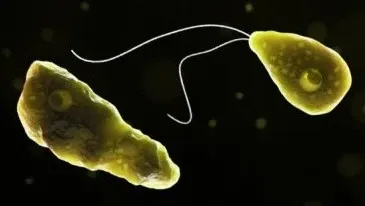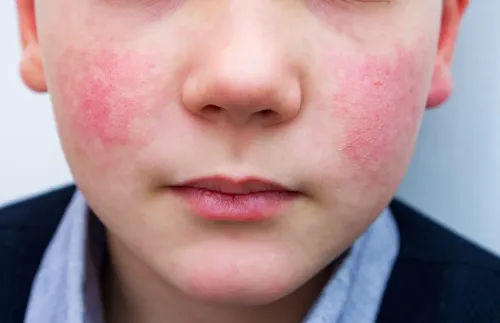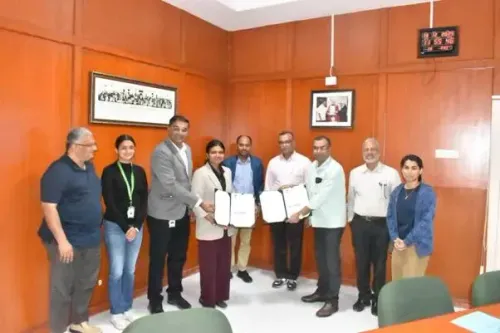Have Two More Lives Been Lost to Amoebic Meningoencephalitis in Kerala, Including an Infant?

Synopsis
Key Takeaways
- Amoebic meningoencephalitis has claimed two more lives in Kerala, including a three-month-old infant.
- Health officials suspect contaminated well water as a potential source of infection.
- Kerala has seen over 40 cases and multiple deaths from this infection in 2025.
- The state government is taking steps to improve water safety and public awareness.
- Quicker diagnosis and treatment have improved outcomes compared to previous years.
Kozhikode (Kerala), Sep 1 (NationPress) The deadly amoebic meningoencephalitis, often referred to as the brain-eating amoeba, has tragically taken the lives of two individuals, including a three-month-old infant, within the last 24 hours in Kerala, officials reported on Monday.
Both patients passed away at the Kozhikode Medical College Hospital. These recent fatalities bring the total number of deaths from this severe brain infection in the state to three in August alone, according to health officials.
In the first case, the infant, who had been receiving treatment for fever at the Kozhikode Medical College Hospital for the past month, succumbed to amoebic meningoencephalitis late on Sunday night.
Health officials suspect that the infection may have originated from the well water at the infant’s home, as reported by local media.
The second victim, Ramla (53), the spouse of Mohammed Bashir from Kannamangalam in Malappuram, died after fighting for her life for nearly a month at the same hospital on Sunday. She had been admitted on August 4 after experiencing severe fever and vomiting, as per reports from health officials.
In 2025, Kerala has recorded approximately 42 cases and six fatalities due to amoebic meningoencephalitis, a rare yet highly lethal brain infection caused by free-living amoebae found in contaminated water.
Earlier this month, a nine-year-old girl from Thamarassery in Kozhikode also lost her life after contracting the infection, believed to have been acquired while swimming in a pond near her residence.
Her younger brother has tested positive and is currently undergoing treatment.
According to health department data, by the end of August, Kerala had confirmed more than forty cases of amoebic meningoencephalitis this year, with patients distributed across Kozhikode, Wayanad, Malappuram, Kollam, and Thiruvananthapuram districts.
In response, the state government has initiated a campaign to clean and chlorinate public wells and water sources while also launching awareness programs in schools and communities. Medical experts are advising the public to avoid swimming or bathing in stagnant or poorly maintained water bodies and to ensure proper disinfection of household wells.
Officials assert that while the mortality rate in Kerala is concerning, it has improved compared to previous years, thanks to faster diagnosis and available treatment facilities within the state.










